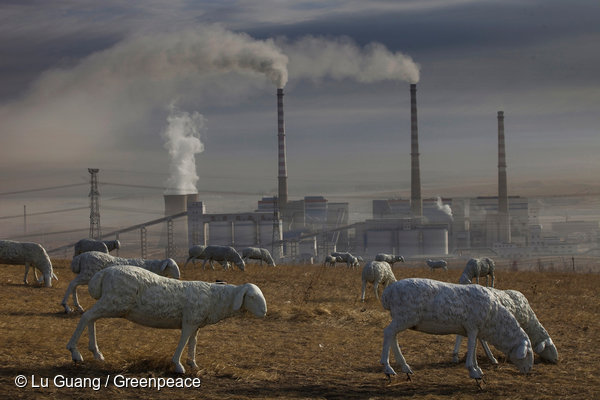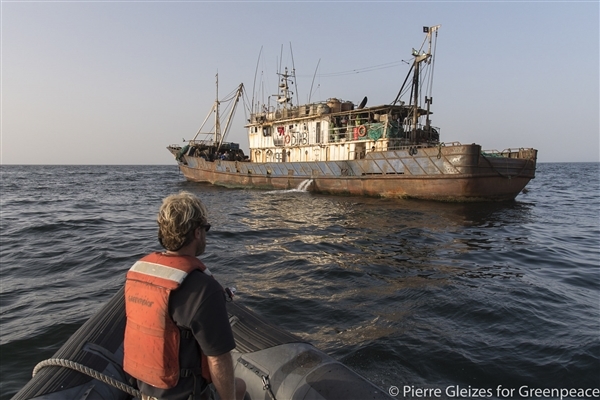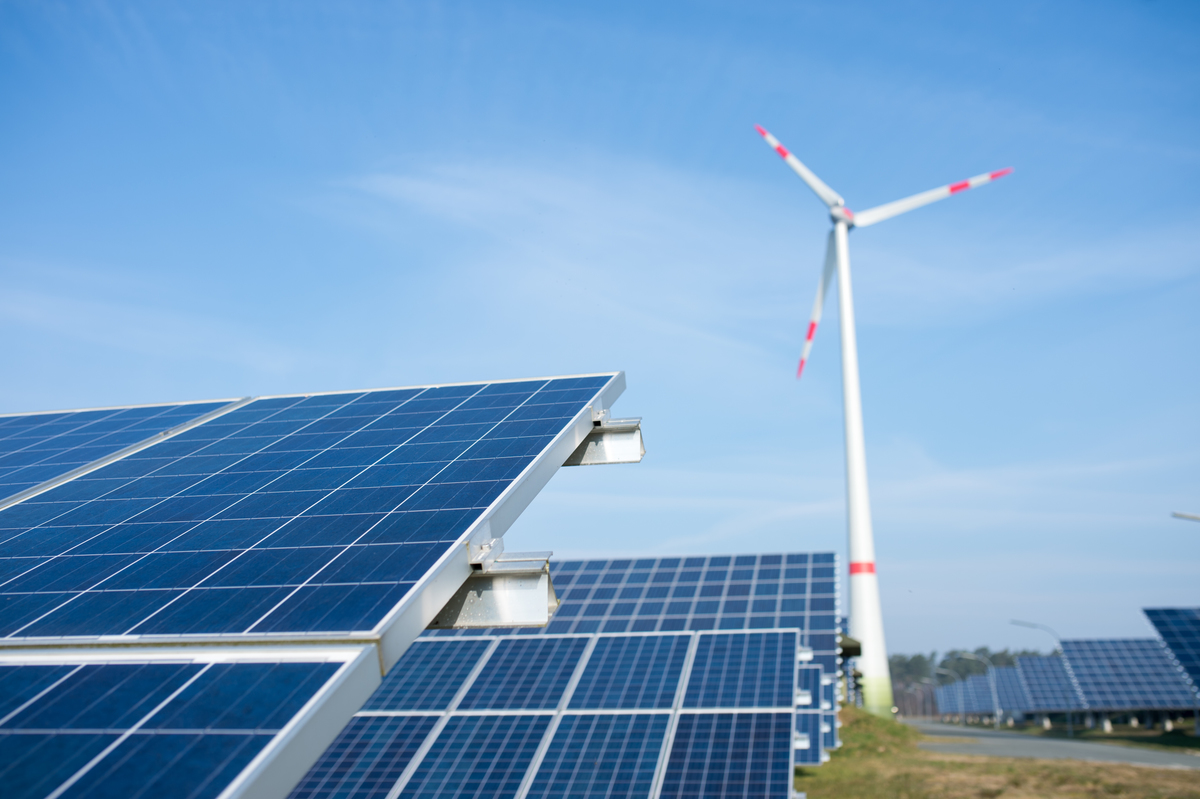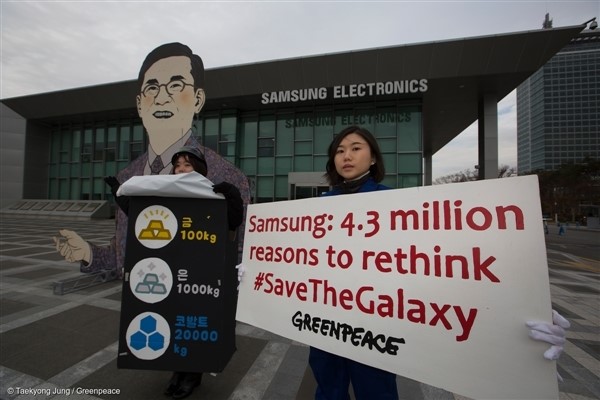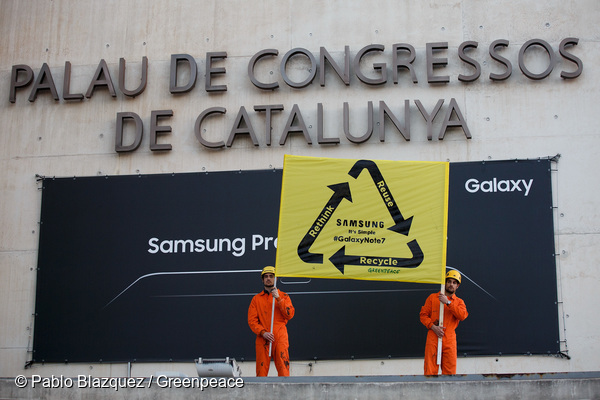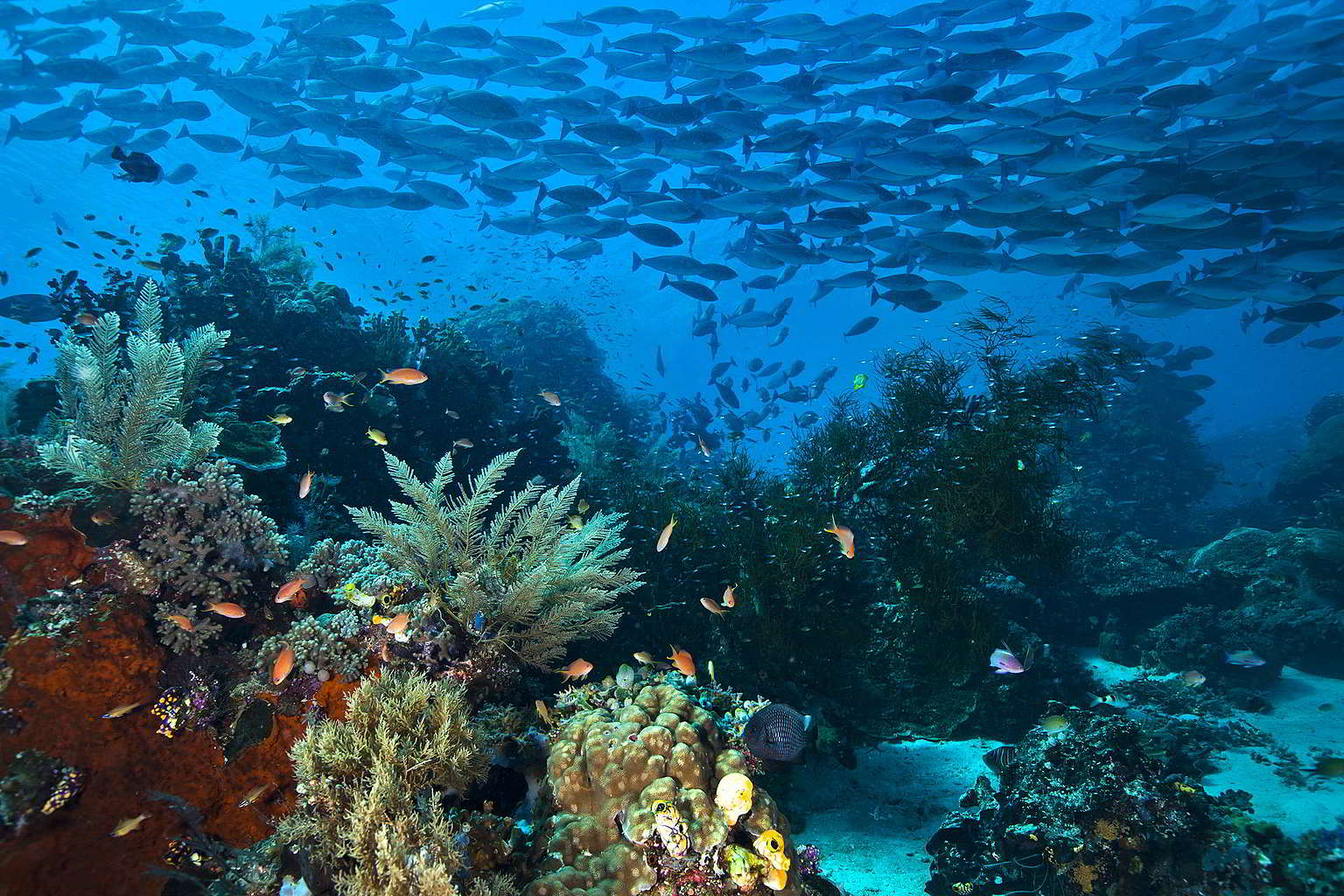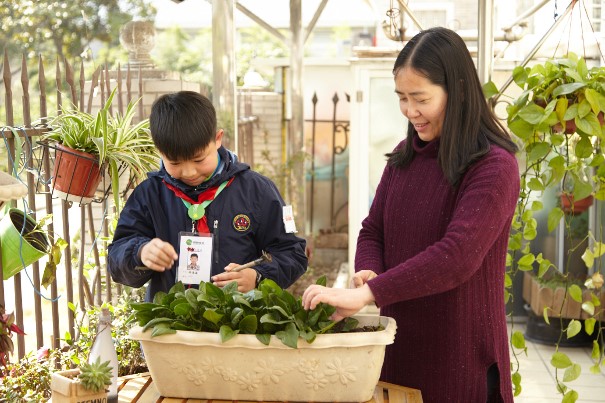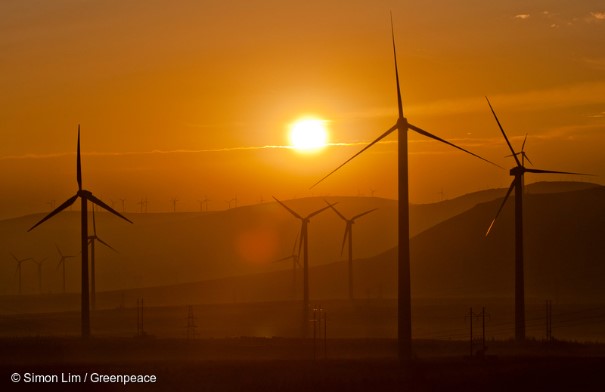News & Stories
Filtered results
-
CO2 emissions from China’s coal-to-chemical industry could increase by more than 400% over the 13th Five-Year Plan period
Beijing, 25 April, 2017 - China’s coal-to-chemical industry is projected to emit 409 million tonnes of CO2 annually by 2020 if all projects currently under construction go into operation, according to a new report released by Greenpeace East Asia.[1] This figure amounts to more than four times the 90 million tonnes emitted by China’s coal-to-chemical…
-
My night on board a Chinese fishing vessel in West Africa
I am currently sailing with Greenpeace’s beautiful Esperanza on a ship tour called “Hope in West Africa” to protect the invaluable fishery resources of that region. As part of our investigation and research work in Mauritanian waters, we were searching for fishing vessels and documenting their activities.
-
By 2030 China’s wind and solar industry could replace fossil energy sources to the tune of 300 million tonnes of standard coal per year
Beijing, 11 April, 2017 - A new report on the co-benefits of wind and solar photovoltaic (PV) power in China by Greenpeace East Asia and partner organisations finds that by 2030, China’s wind and solar power generation could replace fossil energy sources by up to 300 million tonnes of standard coal per year, almost as…
-
You did it! Samsung will finally recycle millions of Galaxy Note 7s
Remember when we did this…
-
Global protests push Samsung to finally recycle Galaxy Note 7 – Greenpeace
Seoul, 27 March 2017 - Samsung today officially published its plan to deal with the 4.3 million Galaxy Note 7 devices produced and recalled worldwide following battery faults. This major win comes after nearly five months of campaigning and global protests addressing the environmental impact of the recall.
-
Friday Five: New climate hope as China battles sea level rise
Friday news roundup highlighting the environmental news and commentary of the week. China, India, led slowdown in global coal development [Bloomberg] Huge news and new hope for the climate emerged this…
-
Forest guardians: communities at the forefront of China’s battle to save its forests
For centuries, China’s indigenous people have lived and worked within these remote areas. As climate change and rapid development threatens the existence of the last ‘wonderlands’, these communities are on the front lines of China’s battle to save its few remaining forest landscapes.
-
Powering up: meet the women electrifying China’s energy transition
The world’s biggest polluter is now the global renewables leader, and these women are helping to lead the charge.
-
China forecasts fourth year of stable or declining CO2 emissions, as world awaits Trump climate action – Greenpeace
Beijing, 28 February 2017 – China is forecasting a significant drop in CO2 emissions of approximately 1%, according to Greenpeace East Asia’s analysis of China’s National Energy Administration forecasts for 2017. [1] This would be the fourth year in a row of either zero growth or a decline in CO2 emissions.
-
Friday Five: China’s ‘burning problem’ and coal takes another hit
zoom Saihanba Wind Farm in Inner Mongolia © Simon Lim / Greenpeace

